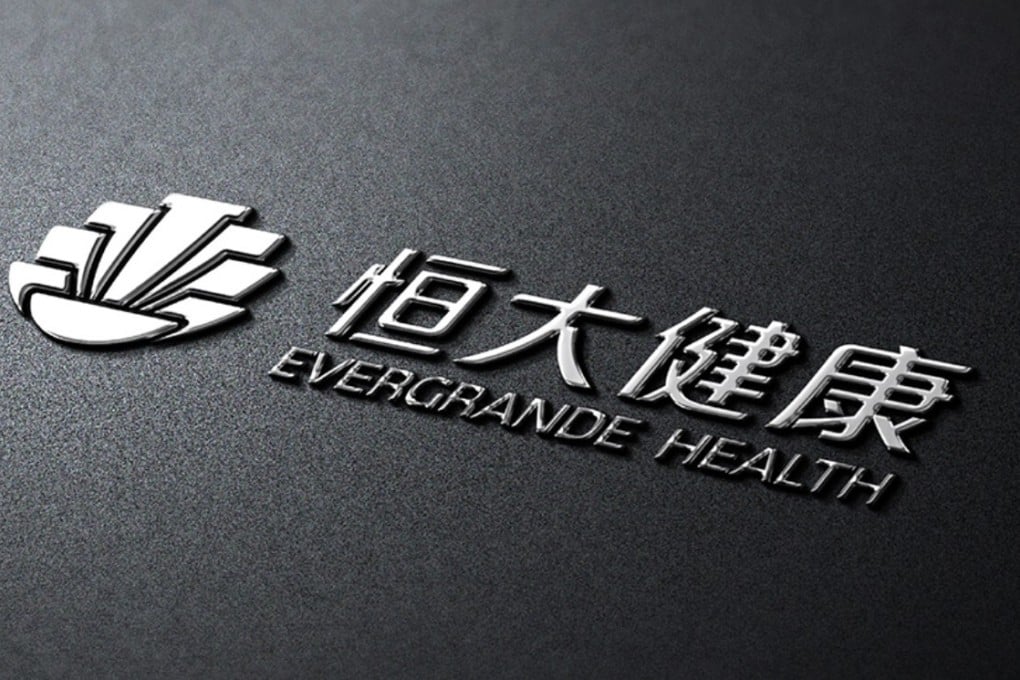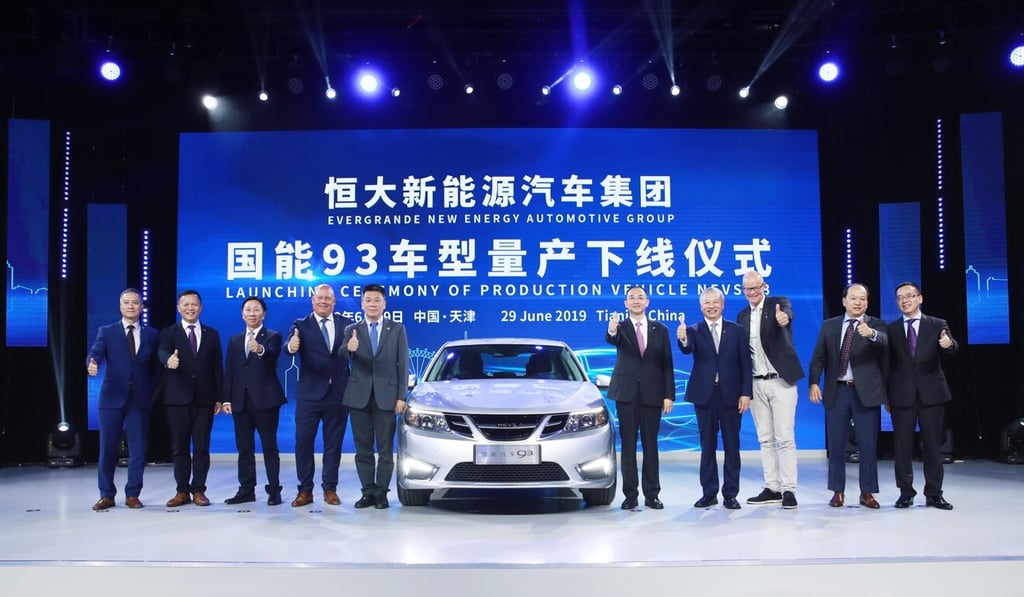Tesla challenger Evergrande unveils six Hengchi-branded electric car models as it moves closer to launching production
- The Hengchi models, named in a numerical sequence from 1 to 6, includes SUVs, crossovers and sedans
- The unveiling of the vehicle models comes ahead of Evergrande Health’s proposed name change to reflect the group’s focus on cars

Evergrande Health Industry Group, the loss-making electric vehicle arm of mainland property developer China Evergrande Group, on Monday unveiled six car models under its Hengchi brand, putting it on track to start mass production as planned next year.
The company launched the Hengchi 1 to Hengchi 6 new-energy vehicle models, comprising SUVs, crossovers and sedans, in Guangzhou and Shanghai, but did not provide any other details including pricing or their availability.
“Within three to five years, the company strives to become the world’s number one new energy vehicle group in terms of [operational] scale, and competitiveness,” Evergrande Health said in a statement.

So far Evergrande Health remains on course, unveiling the Hengchi 1 model this year as planned. The company also said two of its production bases, in Guangdong and Shanghai, will be completed in the second half of this year and will be able to produce 200,000 vehicles annually from next year.
However, the company’s losses have been mounting, rising to 4.4 billion yuan (US$630 million) last year from 1.4 billion yuan in 2018.